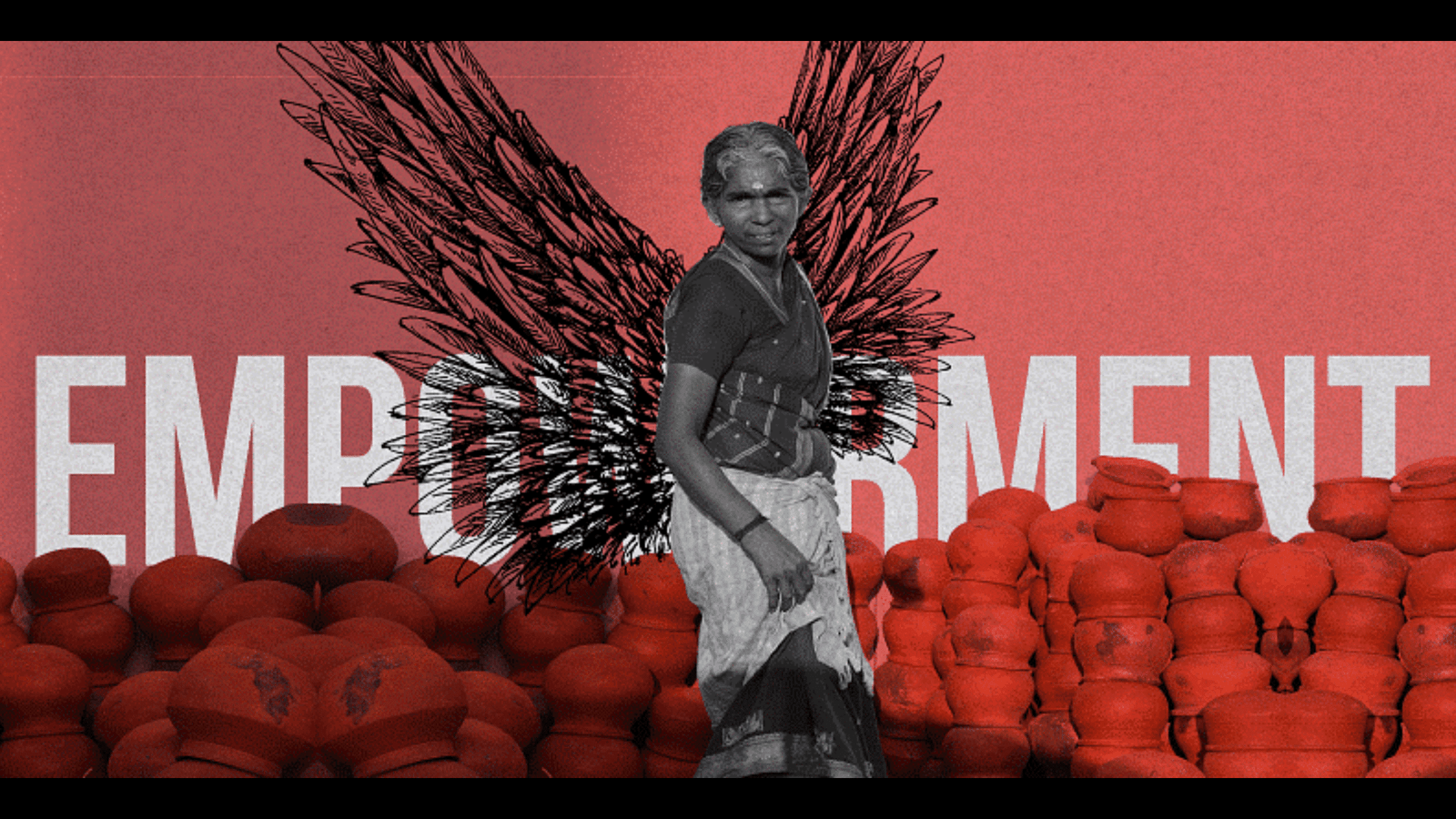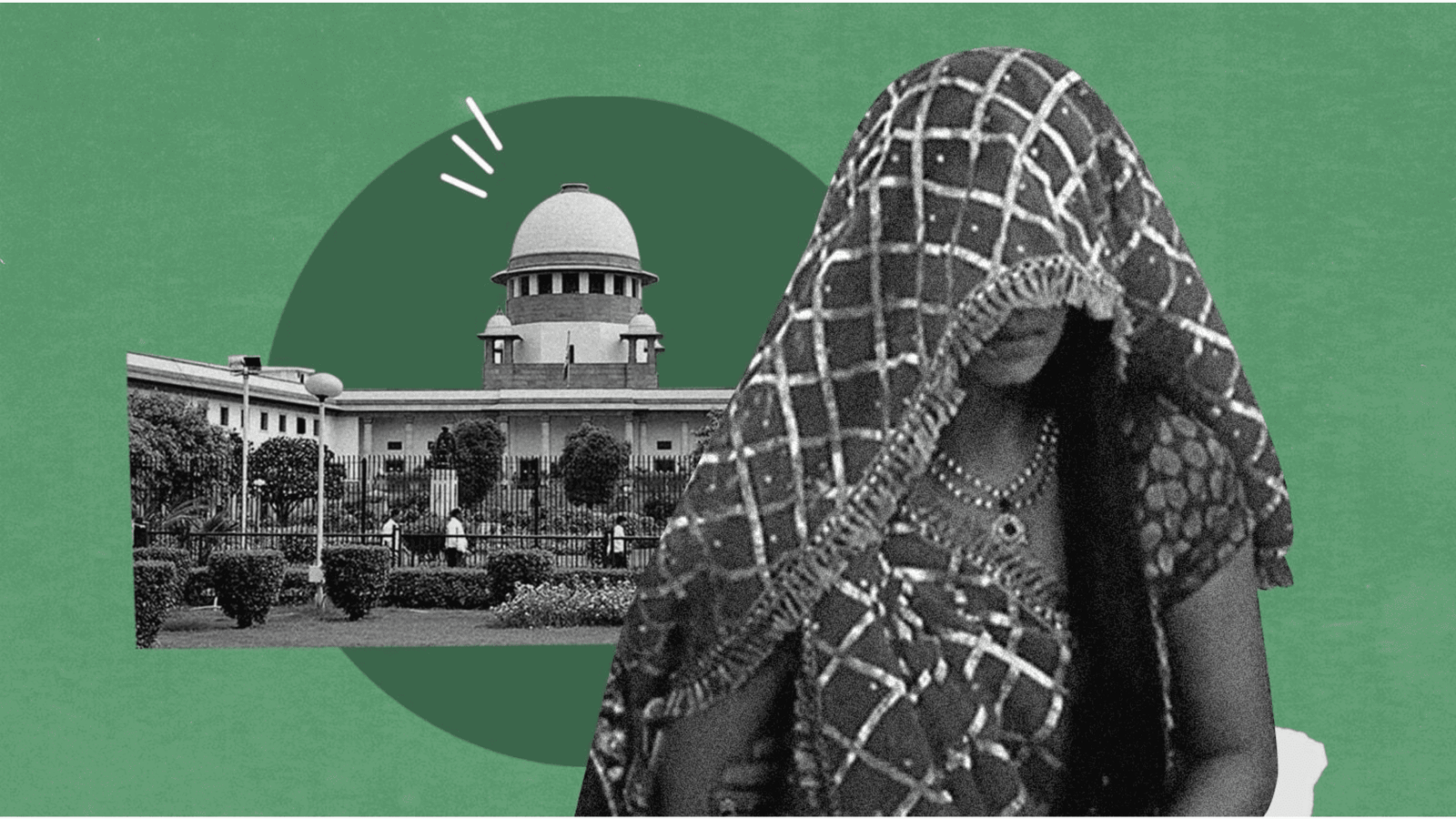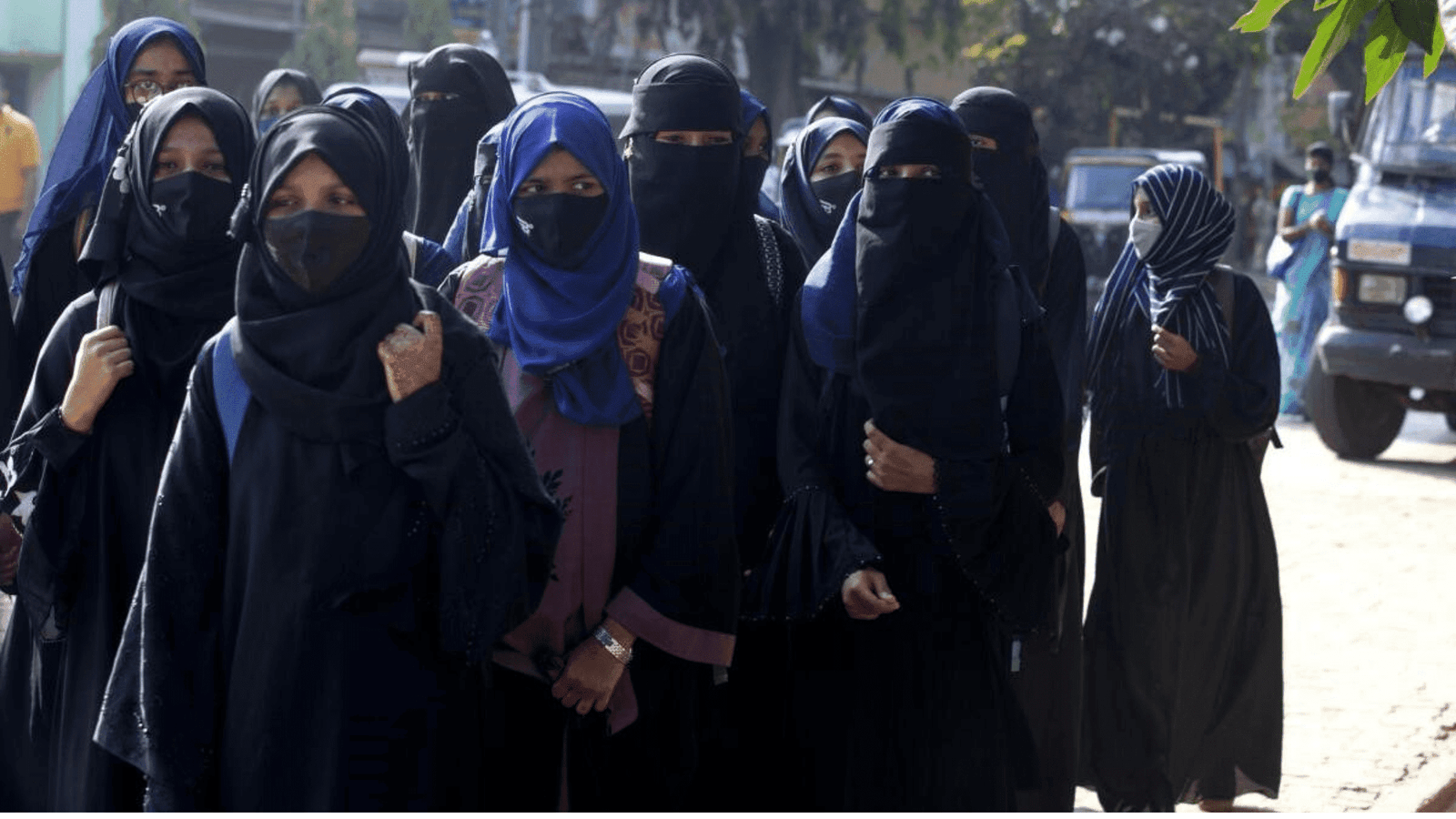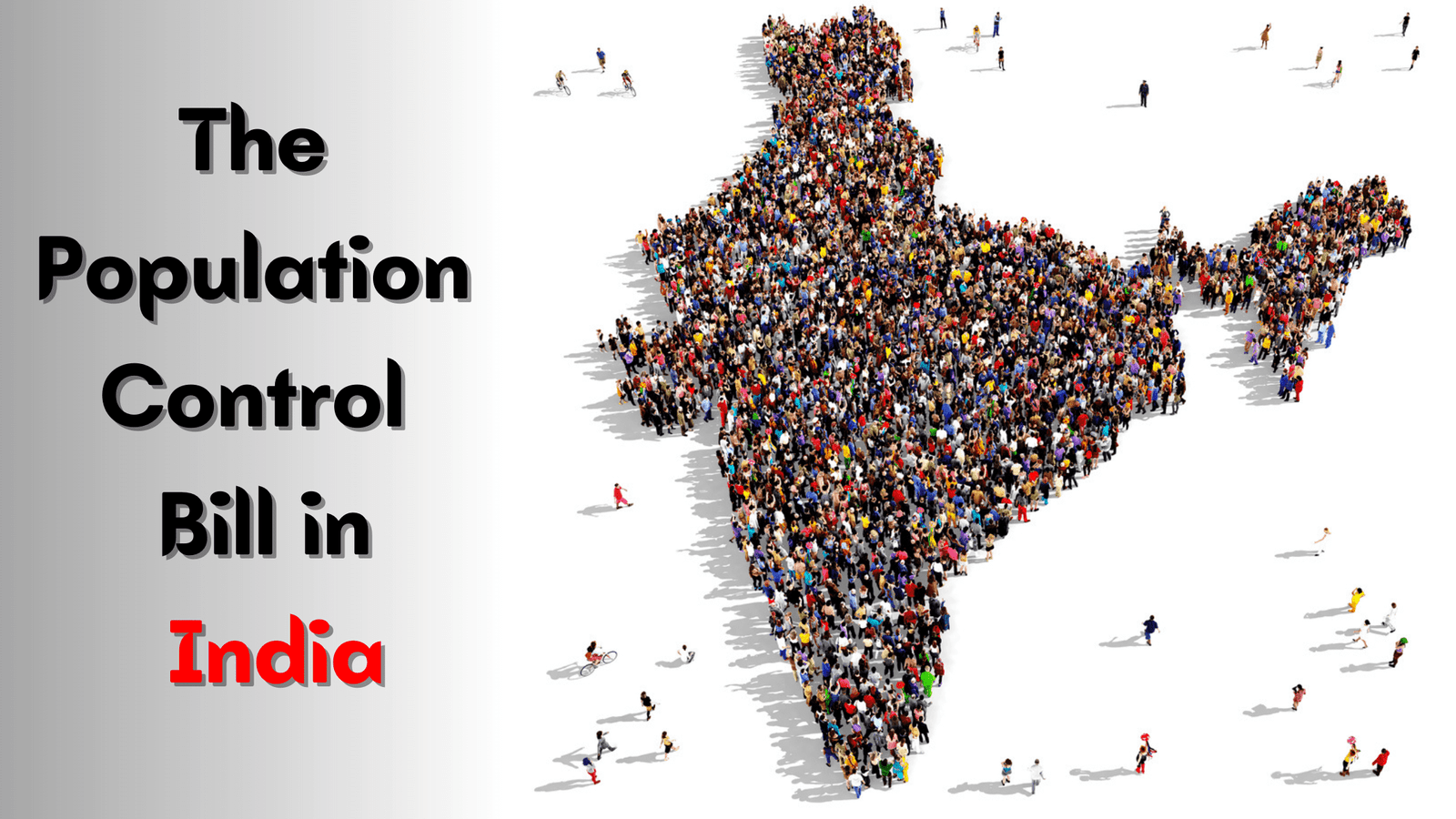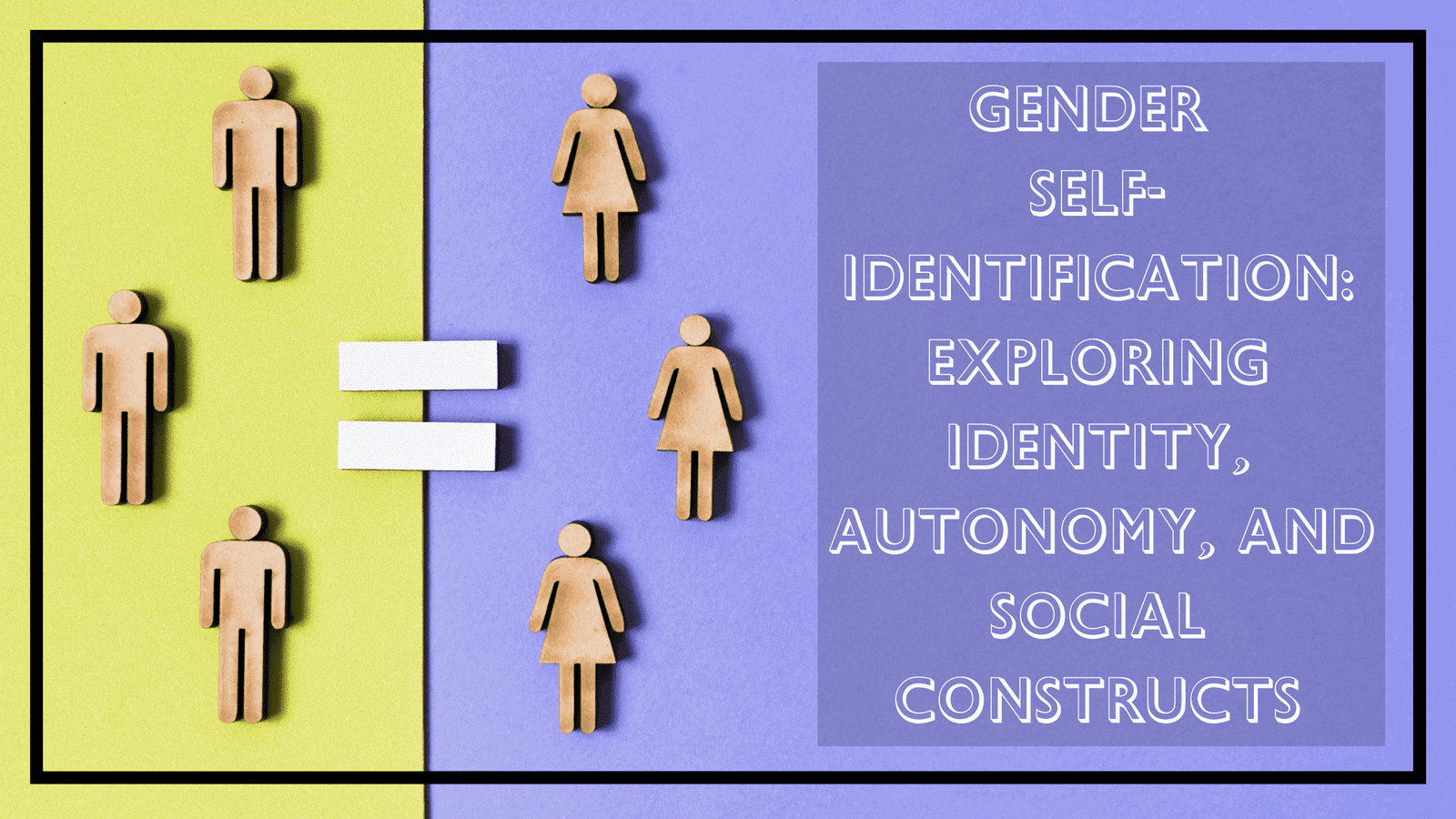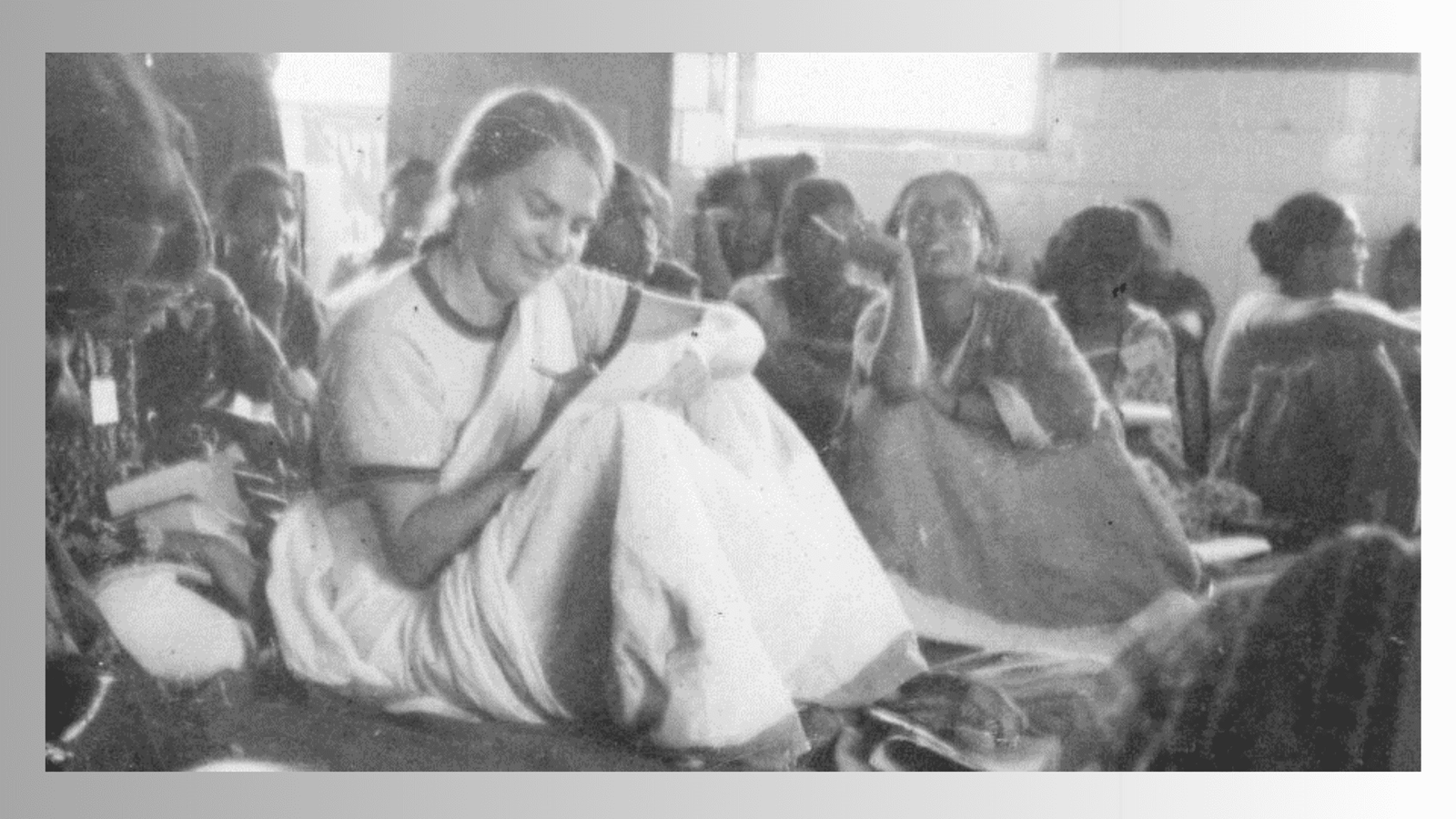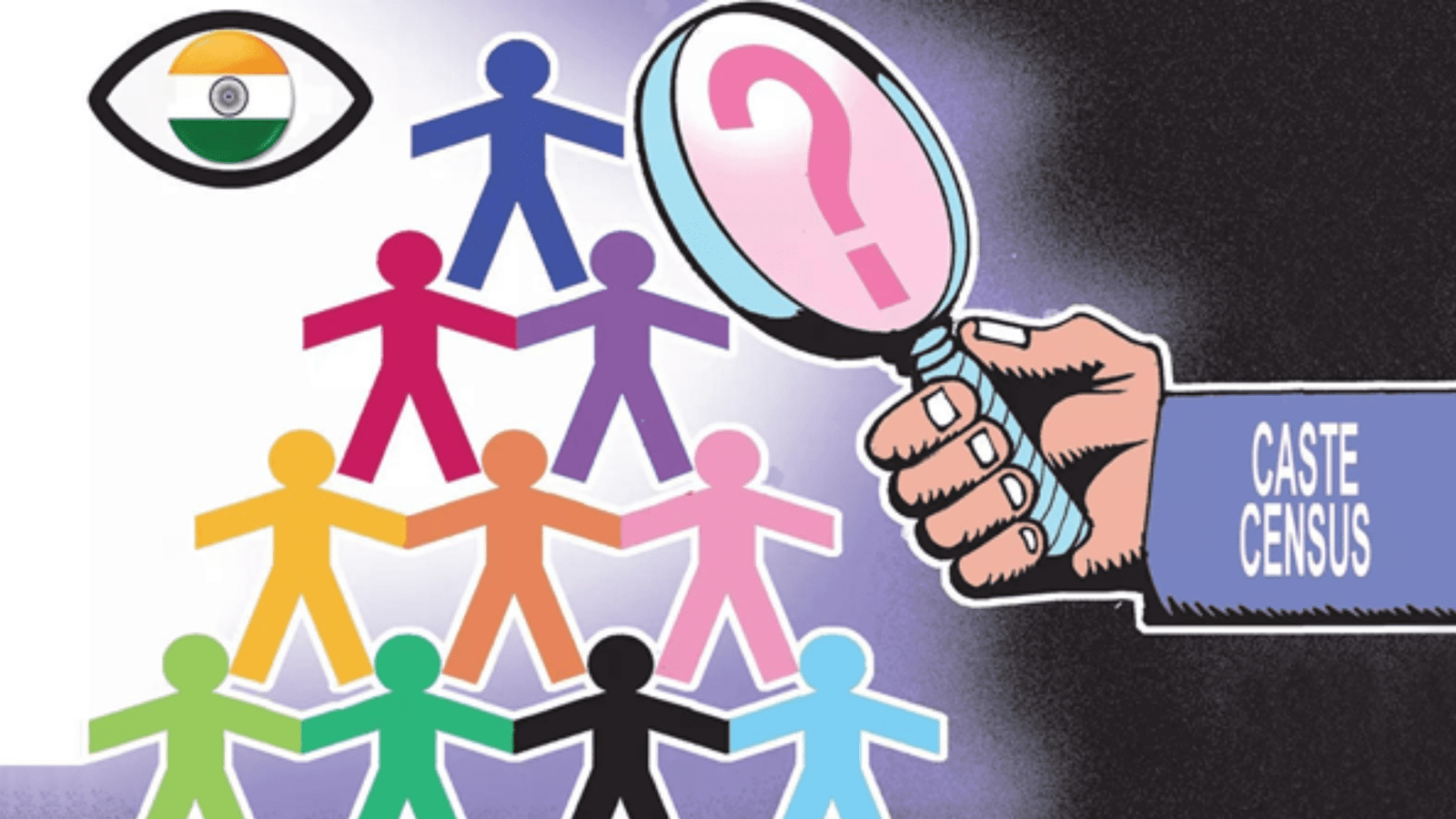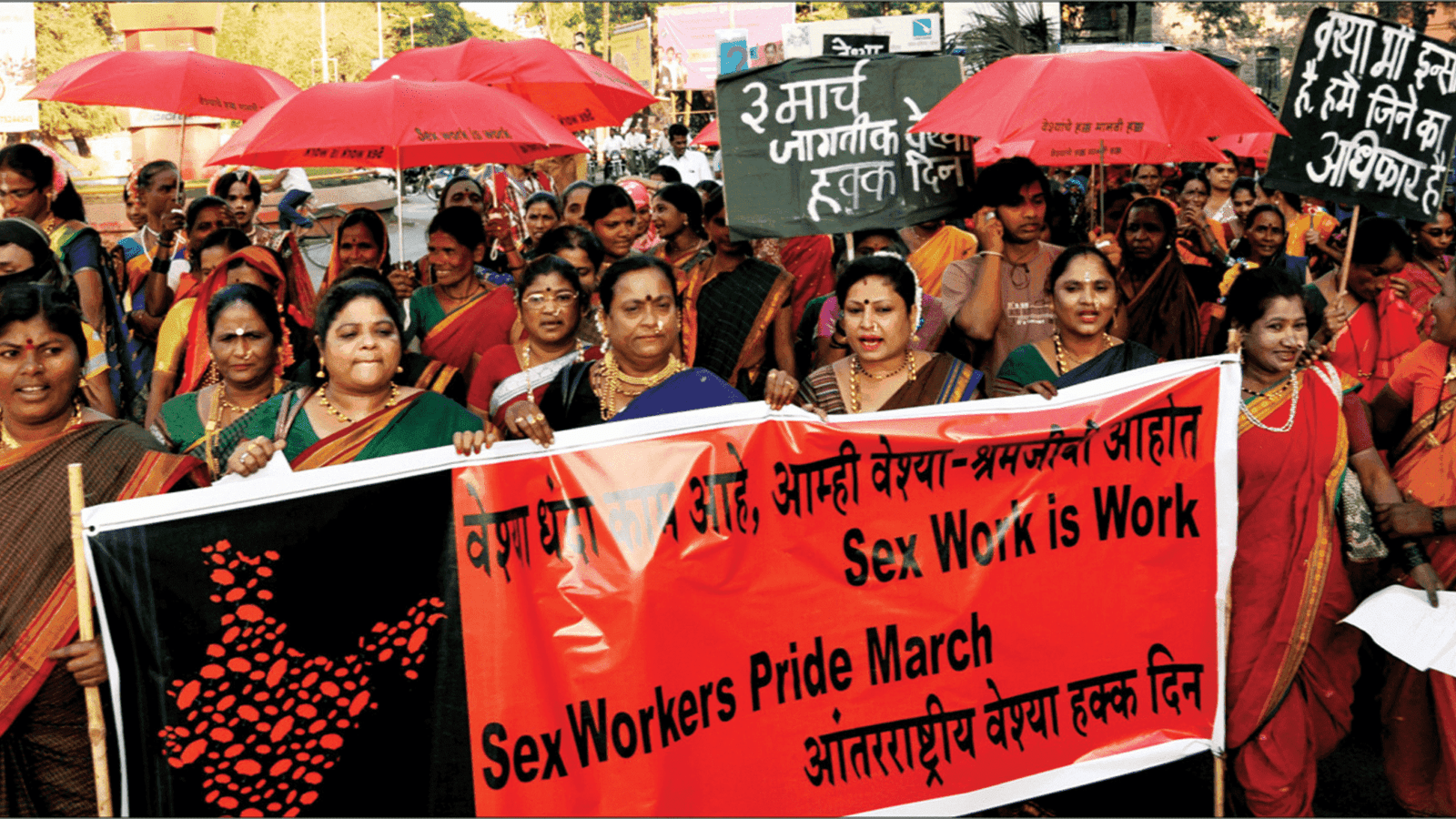
The rights of sex workers have been a subject of extensive debate and discussion within the realms of sociology and human rights advocacy. This article aims to explore the sociological perspectives surrounding the rights of sex workers, shedding light on the viewpoints of Indian and Western sociologists and social scientists. By delving into relevant sociological theories, concepts, and empirical evidence, we can gain a deeper understanding of the complexities surrounding the issue and advocate for the rights, dignity, and well-being of sex workers.
Understanding Sex Work:
To analyze the rights of sex workers, it is essential to understand the nature and nuances of sex work itself. Sex work refers to the exchange of sexual services for money or goods. Sociologists often approach sex work through the lens of symbolic interactionism, examining the meanings, negotiations, and social constructions involved in this form of labor. It is crucial to acknowledge that sex work exists across various contexts and may include diverse experiences and power dynamics.
Sociological Perspectives:
Various sociological theories and perspectives offer insights into the rights of sex workers. Functional sociology of Durkheim and R.K. Merton regard sex work as deviance. Functionalists like Kingsley Davis point out that it performs several manifest functions (quick and impersonal sexual gratification for the male clients, source of income for the sex workers) and latent functions (stabilizes the institution of family, providing gainful employment to those with less education and skills). Michel Foucault's analysis of power and disciplinary society sheds light on the stigmatization and control mechanisms imposed upon sex workers by dominant social structures. Additionally, Judith Butler's notion of performativity allows us to examine the ways in which societal norms and expectations shape sex workers' identities and experiences.
Indian Sociological Viewpoints:
Indian sociologists have contributed valuable insights into the rights of sex workers within the specific socio-cultural context of India. Nalini Jameela's autobiography, "The Autobiography of a Sex Worker," offers a firsthand account of the challenges and struggles faced by sex workers in India. Sociologists like P. J. Sudhakar and Prabha Kotiswaran have conducted research on the rights and experiences of sex workers, highlighting the need for decriminalization and a rights-based approach.
Western Sociological Perspectives:
Western sociologists have also engaged with the issue of sex work, providing nuanced perspectives on the rights and well-being of sex workers. Kathryn Hausbeck Korgan explores the relationship between sex work and economic inequalities, arguing for labor rights and improved working conditions for sex workers. Elizabeth Bernstein's work on the politics of sex work examines the intersections of gender, sexuality, and power dynamics in the context of sex work, emphasizing the need for policy frameworks that protect the rights and safety of sex workers.
Rights-Based Approaches and Empirical Evidence:
Advocacy for the rights of sex workers often centers around decriminalization, harm reduction, and human rights frameworks. These approaches aim to protect sex workers from violence, discrimination, and exploitation while ensuring their access to healthcare, legal support, and social services. Empirical studies have shown that decriminalization can improve safety, reduce violence, and facilitate the empowerment of sex workers. For example, the New Zealand Prostitution Reform Act 2003 has been lauded for its positive impact on the lives of sex workers, promoting their rights and improving their working conditions.
Critiques and Challenges:
The rights of sex workers face significant challenges and controversies. Debates often revolve around moral, cultural, and political perspectives, which can hinder efforts to address the vulnerabilities and discrimination faced by sex workers. Critics argue that the legalization or decriminalization of sex work may perpetuate exploitation or contribute to human trafficking. These debates highlight the need for evidence-based policies, comprehensive social support systems, and collaboration between policymakers, researchers, and sex worker communities.
Conclusion:
The sociological exploration of the rights of sex workers highlights the multifaceted nature of this issue. By adopting a rights-based approach, informed by sociological theories and empirical evidence, we can strive towards creating a more inclusive, equitable, and supportive society for sex workers. Recognizing the agency and autonomy of sex workers and addressing the structural inequalities they face are crucial steps in ensuring the protection of their rights, dignity, and well-being. Sociological research and dialogue play a vital role in challenging stigmas, advocating for policy reforms, and fostering greater understanding and empathy towards sex workers in our society.
